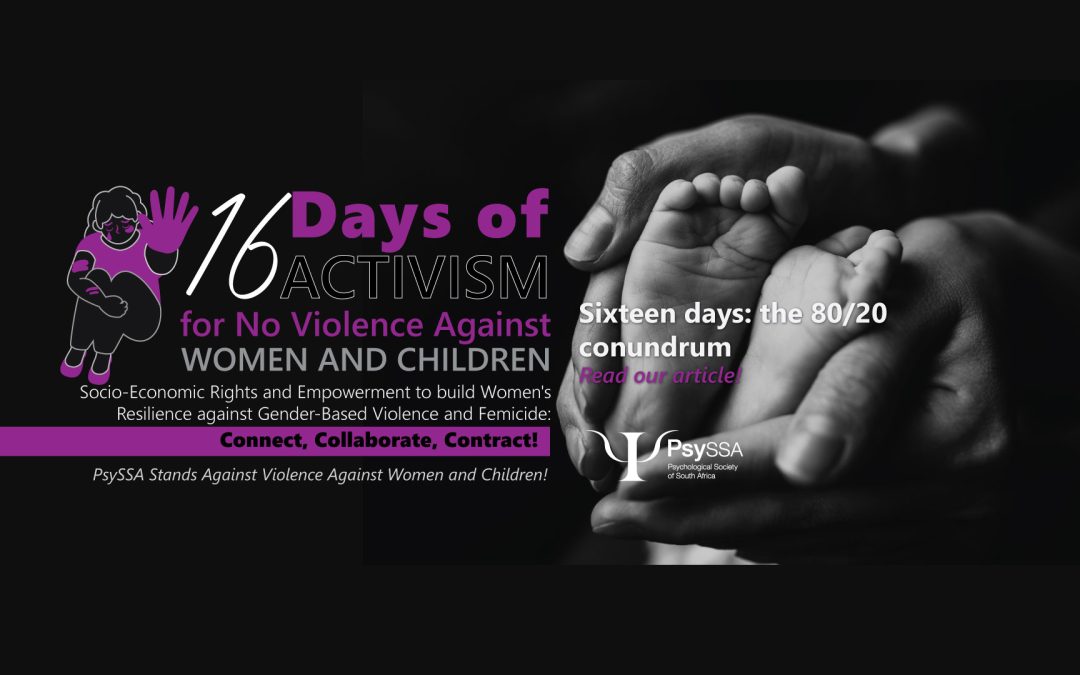
How to deal with inadequate achievement in the Grade 12 examinations in general – Matric Results 2022
-
How to deal with inadequate achievement in the Grade 12 examinations in general
So, the Grade 12 2022 exam results are out. I congratulate all of you reading this message. You have had to deal with many challenges in 2022 and I commend you on your resilience.
First: Hearty congratulations to those who have achieved the marks you required for admission to your chosen institution and your specific career/ study field choice. I wish you the best with your studies.
Second: Those of you who have been less successful still have ample reason to be positive about your future. To begin with: The word ‘fail’ has no place in current society. You have not ever ‘failed’ anything. Instead, the phrase ‘insufficient achievement’ is more appropriate. While your current marks will co-determine whether you will be accepted into your preferred field of study, they will not determine if you will be successful in life. Nor will they limit your career prospects. Yes, it hurts when one learns that the outcomes of an examination were less successful than expected. But step back emotionally and interpret the experience logically. All human beings experience success and are less successful from time to time. This is the most normal thing in the world.
If you achieved results that were below your expectations, this is a manageable challenge. See what has happened as an area for development/growth; an opportunity to demonstrate your resilience and become more adaptable. These are key characteristics and strengths in these rapidly changing and uncertain times.
Note that one should not be set on a particular tertiary institution, whether a university, university of technology, college, or private training institution. While research has shown that people with degrees usually find employment more easily and earn a higher salary than their counterparts, going to university is not the end all and be all. One should not underestimate the value of non-university study. Each study discipline and tertiary training institution should be rated on its own merit. A diploma in e.g. IT or in film studies or a technical qualification in wind turbine service (to name but a few examples) can suit you as a person, but also be enriching. Several specialised diplomas and certificates allow for various career opportunities that can make students highly employable and provide them with more opportunities than some common degrees. A tip is to research career opportunities for students who have already graduated thoroughly – both now and in the future. Ask yourself regularly whether you will still be employable in five, 10, or 15 years.
Lastly: If needs be, please consult a suitably trained psychologist for career counselling.
-
What options are available if learners achieve a Grade 12 pass that is not strong enough for admission to tertiary study? Practical guidelines
No ‘one size fits all’. Learners could consider applying for the remarking of their papers, register for and write supplementary exams, or even re-do grades or repeat certain subjects. However, hard work is needed. I urge learners who are determined to achieve better marks to put their words into action. They should find out if they can still apply for a similar field of study at a different institution or another training level. Establish whether you qualify for an extended or bridging programme. Consult a counsellor for information regarding whether it is advisable to rewrite relevant papers, to have your papers remarked, or to repeat or redo certain subjects.
If you decide to re-apply during the coming year, consider taking a gap year (only after you have consulted others that have taken a gap year previously before you make up your mind!). Alternatively, work part-time, or find some other active and constructive way to spend the time. Speak with someone who has not been successful previously but has managed the situation successfully. Here is one example that you might find useful. A student wanted to study medicine, but his marks needed to be better. He did not even take Mathematics or Physical Sciences at school. After completing Grade 12, he registered for Mathematics and Physical Sciences at a post-school training institution. Next, he enrolled for a general degree at a university. After achieving excellent outcomes, he gained admission to study medicine. He is now a fifth-year medical student. The truth is: There are different routes to a career.
Learners’ Grade 12 subject symbols will mean very little over time. Learners should ask themselves what their short-, medium-, and long-term aims are and decide why they are studying; what their end goal is. This surely cannot be to please your family or to outachieve (beat) others. Instead, focus on becoming the best possible version of yourself rather than merely trying to be ‘better’ than someone else. Competing with others serves no purpose.
All the best. I assure you that, irrespective of how well you have or have not achieved in your Grade 12 exams, it is very possible to become employable, find work that will enable you to live a meaningful, purposeful, and hope-filled life in which you enact your key life themes and make substantial social contributions.
-
How to deal with sadness, disappointment, anxiety, and/ or depression
While your parents (read: parents, guardian, or caretakers) and you will feel disappointed when you were less successful, focusing on and fretting about what might have been serves little purpose. Do something. Overthinking matters without any forward movement is not helpful. Maybe consider the following hints regarding how to deal with sadness, disappointment, anxiety, and/or depression:
- Regard your parents as an essential part of your support structure. They regard you as precious and they love you unconditionally.
- Your parents and you should communicate openly. Talk. Or text each other. You are entitled to receive emotional support and to be heard. Tell parents how you feel. Conversely, you should listen when they talk to you.
- You are reminded that this has been just one exam, one more transition. You have already negotiated multiple transitions in the past. There is always hope. Many people do not initially achieve the marks they had been hoping for in their Grade 12 exams but go on to be extremely successful in later life.
- As stated above. You have not ever ‘failed’ anything. While your current marks will co-determine whether you will be accepted into your preferred field of study, they will not determine if you will be successful in life.
- Talking negatively and blaming each other (or whoever else) serve no purpose. I expect your parents to be understanding, kind, compassionate, positive, and inspiring.
- Some learners may act out and make others feel miserable. This kind of behaviour should be considered ‘normal’ under the circumstances.
- Do not blame yourself. Or anyone else. What has happened does not make you a ‘bad’ or less valuable person or a so-called ‘failure’.
- Talk with your parents and seek the help of a psychologist (e.g., an educational, counselling, or clinical psychologist), a registered counsellor, or another suitably qualified person if you develop destructive thoughts or behaviour (including thoughts, ideas, or fantasies about suicide). Psychologists become concerned when, for instance, a person talks, eats, or sleeps significantly more or less, if their moods change substantially, if they articulate feelings of hopelessness, if they cut themselves off from family and friends or appear depressed/ overly sad or disappointed. Suicide in South Africa is increasing as learners could believe that they have ‘failed’ or have let others and themselves down. Phone the SA Depression and Anxiety Group, Lifeline, or one of the suicide hotlines.
For information on bursaries, how to study as well as relax, etc., visit my website at www.kobusmaree.org







